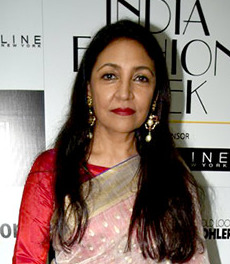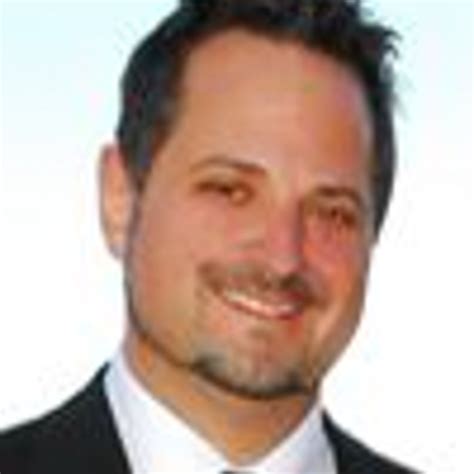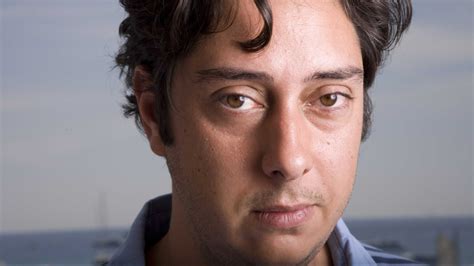A Quote by Jenova Chen
In cinema we have all kinds of ways of communicating: cinematography, lighting, character performance. If you pay attention to silent era movie actors, they are big about postures and really exaggerated expressions so you can understand how they feel. We use all kinds of techniques from cinema to help communicate emotion.
Related Quotes
For people to understand, you can't speak 'cinema.' Cinema doesn't have alphabets, so you have to go to the local language. Even in England, if they make a movie in London they have to make it in the Cockney accent, they can't make a film with the English spoken in the BBC. So cinema has to be realistic to the area that it is set in.
I think if some people know anything about African cinema it's something like the The Gods Must Be Crazy, which is such an awful, condescending movie that debases African participation, and anything I can do to shift that and draw attention to rich and widely varied films that come from there- because there's all kinds of filmmakers from Senegal, you have Mambety, and Haroun with Grigris.








































